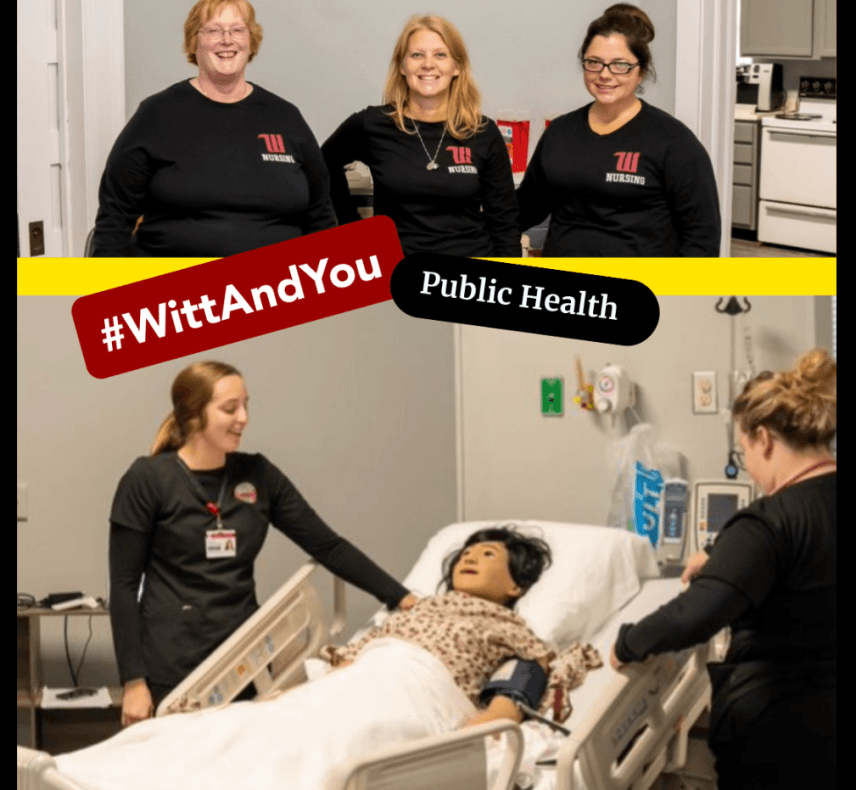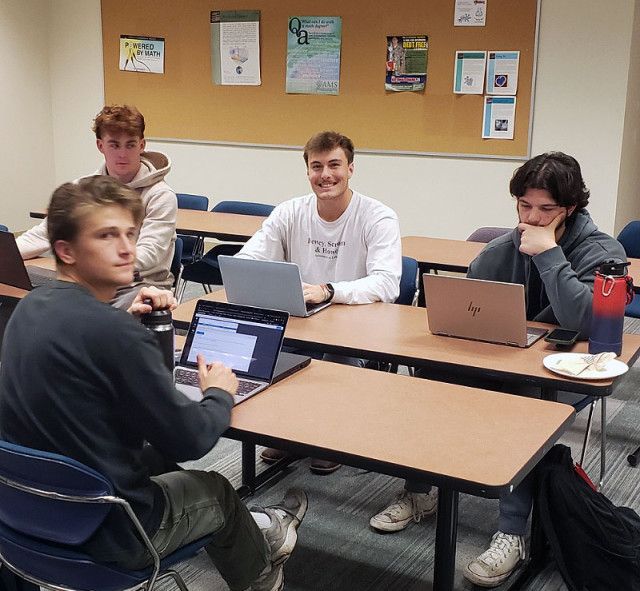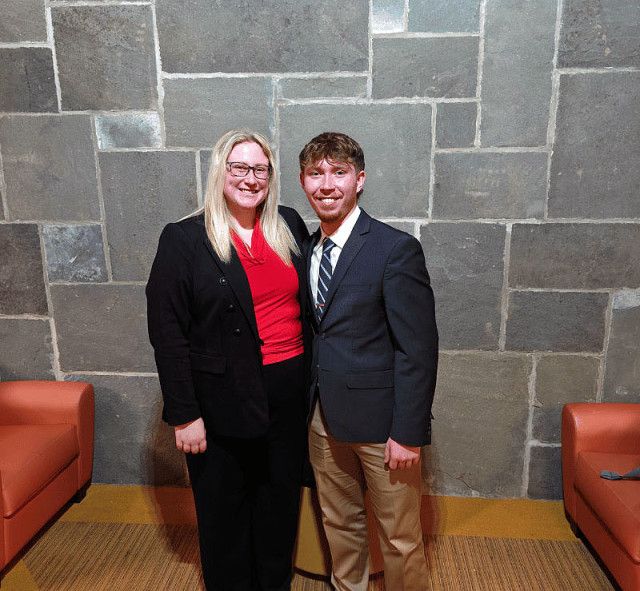Answering the call to a renewed interest in the public health sector following the COVID-19 pandemic, Wittenberg has announced that it will begin enrolling students in its recently approved public health major for the Fall 2023 semester. With this new addition, Wittenberg becomes the only liberal arts college in Ohio to offer a public health major.
“Public health is a rapidly growing major that is inherently interdisciplinary with the liberal arts and sciences at its foundation,” said Marie Bashaw, professor and director of nursing at Wittenberg, who will serve as the public health program’s administrator. “Not only is it a field that is driven by student demand, it is also a field driven by high need. The COVID-19 epidemic made this clear. However, the need was present prior to COVID-19 as is evidenced by the significant disparity in the population health between groups with privilege and groups without. Public health is the science and art of preventing disease, prolonging life, and promoting human health through organized efforts and informed choices.”
The public health major will be the fourth new track as part of the University’s partnership with Rize Education, built in collaboration with the Lower Cost Models Consortium (LCMC). The other tracks are neuroscience in the biology department, and supply chain management and project management, both within Wittenberg’s management major. All these new tracks will make use of courses available through the LCMC on the Rize platform.
“Wittenberg’s public health curriculum is designed to introduce students to the vital areas of public health – including environmental health, epidemiology, community and global health, health policy, social and behavioral health – while also grounding their studies in medical humanities and social sciences,” Bashaw said. “Through its curriculum and community health practicum, the public health major prepares students to work with a range of communities through evidence-based and culturally competent practice.”
Another unique feature of Wittenberg's interdisciplinary, globally focused public health major is the inclusion of a foreign language requirement to ensure that majors meet the needs of diverse populations, improving health care access for all. Additionally, plans are being considered to offer a minor in public health, as well.
Students who complete this major will be prepared for a wide range of career options including healthcare administrator that carries a medium salary of $104,280, health and safety engineer ($94,000), an environmental specialist ($73,230), and health educator ($48,000), according to Rize. The major can also provide students with a pathway toward graduate programs as well in public health or epidemiology. Additionally, the new major provides a course of study for pre-medical students. Subject matter on the Rize platform will include an understanding of health systems, foundational knowledge in the social sciences, and can include a crossover into economics, anthropology, nursing, and sociology.
Wittenberg’s public health major will ensure students have a thorough understanding of research methods, data analysis, and the history and present reality of public health systems. It will also allow students to learn about the role of both the citizen and the state in public health, understand the importance and implications of economics in healthcare, and master the key approaches and heuristics of public health.
The University is well positioned geographically and with its existing academic offerings, resources, and area partnerships to support student success in the field, including through its:
- significant number of courses in medical humanities,
- established, fast-growing nursing program with a simulation lab and simulation house
- robust social sciences program,
- strong business and economics program,
- long history of health sciences through its biology and chemistry programs, and
- significant opportunities for student practicums through organizations such as the Rocking Horse Center, the Springfield Regional Medical Center, the Clark County Combined Health District, and Project Woman.
Rize, a higher education company, utilizes a course-sharing model that helps private colleges and universities expand educational opportunities for students while streamlining and lowering institutional costs. The Rize consortium helps schools create new shared majors, using top-quality curricula developed and taught by leading experts from industry and academia. With the help of Rize, Wittenberg can adopt high-demand programs. The LCMC is a strategic partnership of private colleges and universities across the country collaborating with Rize Education to provide access to a cutting-edge curriculum that prepares students for successful careers.
About the Lower Cost Models Consortium (LCMC)
The LCMC is a national consortium of over 130 fully accredited, non-profit colleges and universities formed in 2015. Members of the LCMC are committed to working together to address the challenges of increasing costs in higher education by implementing innovative programs and reducing institutional costs for these programs to pass along savings to students. In this way, the LCMC hopes to develop new models of higher education that benefit students while simultaneously contributing to the sustainability of accredited, nonprofit, 4-year institutions.







